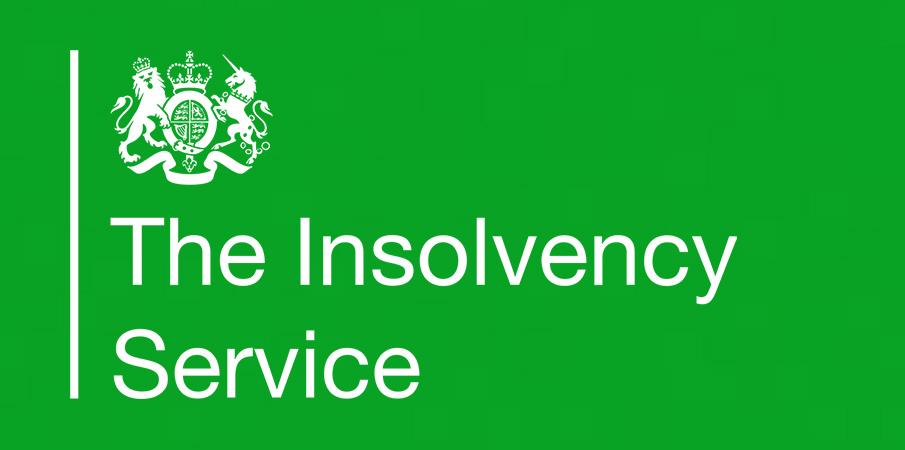
On 21 December 2021, the UK government launched a consultation called “The future of insolvency regulation” which proposes significant changes to the way that the insolvency profession is regulated.
The current regime
Currently, the UK’s insolvency practitioners are regulated solely as individuals, with no specific regulation of firms offering insolvency services. The government says that this creates the potential for conflict between the interests of the firm and the statutory duties of the IP. In addition, the supervision of a relatively small number of IPs is currently carried out by four professional bodies and the government which is seen as top-heavy. The consultation states that despite close collaboration between regulators and the Insolvency Service, the current model has not achieved the levels of consistency, independence and transparency which were envisioned following the introduction of statutory objectives for regulators in the Small Business, Enterprise & Employment Act 2015.
Government plans
The government has concluded that the current regulatory regime is no longer fit for purpose. It says that the way IPs are regulated, as individuals, has not kept pace with changes in the way the insolvency market operates, with an increase in practitioners now working as an employee of a firm employing several IPs.
The consultation sets out plans to reform, strengthen, and modernise the insolvency regulatory regime with the main proposals being:
- the creation of a single, independent government regulator to sit within the Insolvency Service
- regulation to be extended to all firms as well as individual IPs
- the introduction of a public register of authorised IPs and insolvency practices containing details of any sanctions imposed
- formal compensation schemes
- limited reforms of the IP bonding scheme.
The government proposes to use primary legislation to create a single independent government regulator as mentioned above, who will be a statutory office holder. The regulator would have powers to authorise, regulate, and discipline individual IPs, as well as set regulatory standards. The regulator would also have the power to delegate certain functions to other suitable bodies. Crucially, the regulator would also have the power to regulate firms providing insolvency services, as well as individuals.
